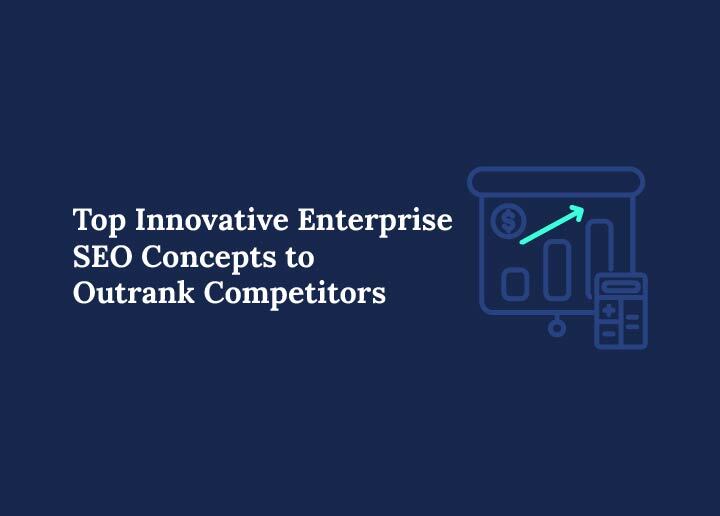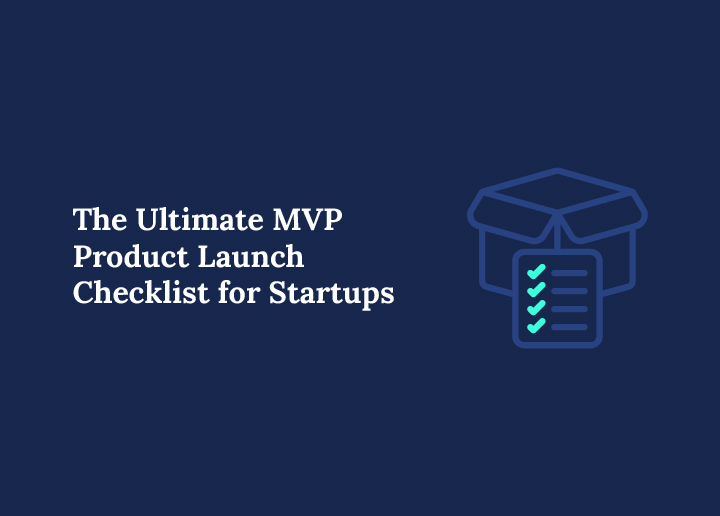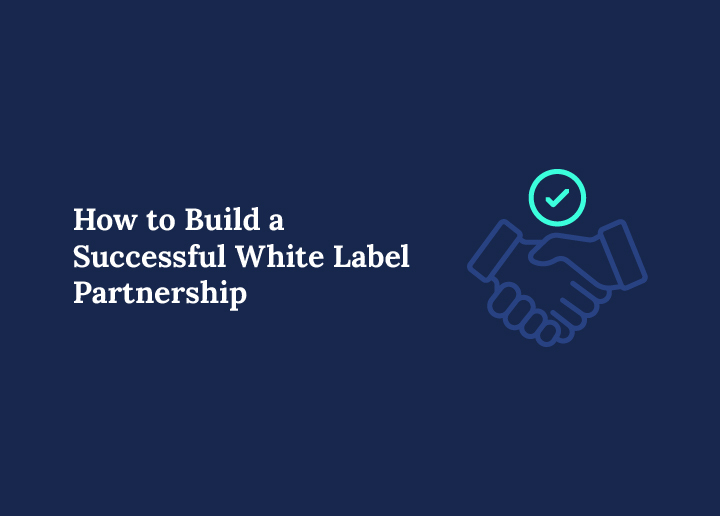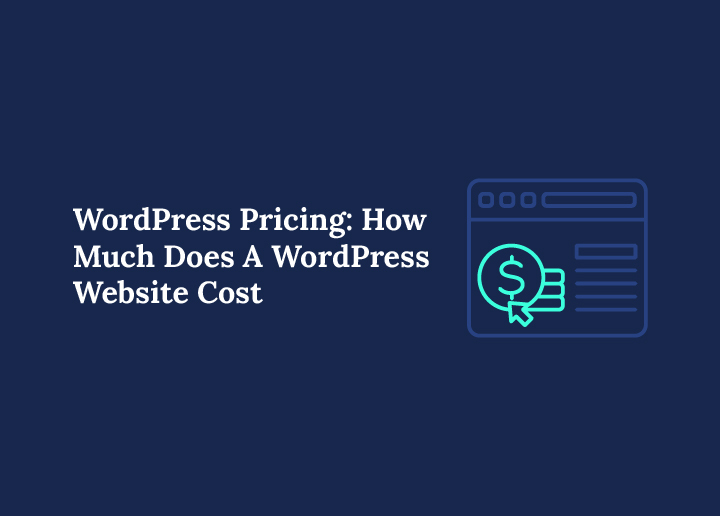Gaining a competitive edge in today’s digital world isn’t just about showing up in search results; it’s about dominating them. An ordinary SEO approach won’t cut it for large organizations and multinational corporations. Instead, they need a powerhouse enterprise SEO strategy that can handle a massive scale, from thousands to millions of web pages. That’s where truly innovative Enterprise SEO Concepts come into play.
These aren’t your basic SEO tactics; they’re cutting-edge techniques that embrace new technologies, especially the rise of artificial intelligence.
By adopting these breakthrough strategies, big brands can future-proof their online presence, dramatically boost their search engine visibility, and leave competitors in the dust.
Get ready to explore game-changing strategies that define a modern, high-performing enterprise SEO strategy.
Understanding the Foundation of Enterprise SEO
Enterprise SEO differs significantly from traditional SEO. It’s not just about optimizing a few dozen pages; it’s a large-scale operation requiring careful planning, deep technical expertise, and strategic alignment with broad business goals.
Practical enterprise SEO efforts are the backbone of large organizations’ digital marketing strategies. They drive significant organic traffic and influence search engine rankings across millions of pages and multiple domains.

Why Enterprise SEO Matters to Achieve Business Goals
A robust enterprise SEO strategy is critical for achieving key business objectives for large-scale businesses. Unlike traditional SEO, which often focuses on smaller keywords, enterprise SEO requires a holistic approach that considers every facet of a digital ecosystem.
- Scale and Complexity: Enterprise websites often have many pages, multiple subdomains, and intricate internal linking structures. Managing issues like duplicate content and broken links requires sophisticated tools and processes.
- Brand Authority and Trust: High search engine rankings are directly tied to brand credibility. By executing a strong enterprise SEO strategy, companies can solidify their authority and build trust with their target audience, boosting web traffic.
- Competitive Advantage: With global competition, every optimization effort counts. A well-executed enterprise SEO strategy ensures a brand remains visible and dominant in search results for a wide range of keywords, from long-tail phrases to high-volume terms.
Elevate Your Enterprise SEO with Expert Support
Partner with Seahawk Media to implement cutting-edge strategies that increase rankings, traffic, and conversions for large-scale websites.
Key Focus Areas and Unique Challenges
Effective enterprise SEO tackles a unique set of challenges that are central to maintaining site performance and maximizing search engine visibility.
- Technical Optimization at Scale: This goes beyond simple page SEO. It involves advanced technical SEO to improve site speed, mobile optimization for various mobile devices, and ensuring search engine crawlers can efficiently index millions of pages.
- Comprehensive Content Strategy: Content marketing for an enterprise involves more than just content creation. It requires a strategic approach to content optimization, including meta tags, and ensuring every piece of content aligns with user intent and provides value.
- Data and Analytics: Enterprise SEO teams leverage advanced tools like Google Analytics and Google Search Console to monitor performance, analyze user behavior, and track many metrics, far beyond what is typical for a small business.
- Link Building and Authority: Managing external links and conducting backlink analysis on a large scale is crucial for establishing domain authority and improving search engine rankings. Local SEO rankings also become essential for businesses with physical locations.
Also Read: Best Enterprise Content Management System
Top Innovative Enterprise SEO Strategies
The following concepts represent the most advanced and effective methods for large organizations to gain a competitive edge in today’s complex search landscape.
These enterprise SEO strategies go beyond traditional approaches to leverage AI, data, and technical excellence at scale.
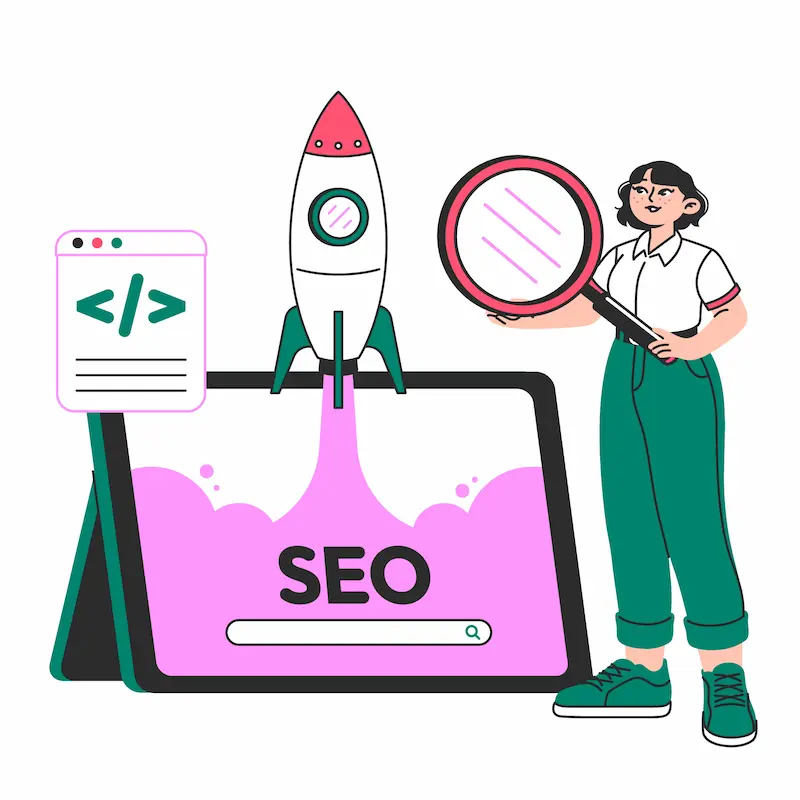
Embrace Answer Engine Optimization (AEO) for AI-First Search Visibility
The search landscape is changing, and traditional search engines are no longer the only game in town. AI-powered chatbots like ChatGPT, Claude, and Gemini are transforming how users find information.
This shift necessitates a new approach: Answer Engine Optimization (AEO). AEO is creating content designed to be easily consumed and cited by these AI-driven platforms. It’s about optimizing for conversational content.
A successful AEO strategy ensures that your brand becomes the trusted source for answers instead of just ranking for keywords. This is achieved by structuring content in a clear Q&A format, using concise language, and providing direct, factual answers.
This approach helps your brand’s content surface in hybrid search visibility, appearing in AI summaries, featured snippets, and voice search results. A strong AEO strategy is crucial to any forward-thinking enterprise SEO strategy.
Know More: Best AI Content Writing Tools for Writers and Marketers
Adopt Generative Engine Optimization (GEO) to Be Cited in AI Responses
Building on AEO, Generative Engine Optimization (GEO) focuses on an even deeper level of AI interaction. GEO is about optimizing your content so that it’s not just a source of an answer but is actively cited and referenced by large language models (LLMs) and other generative AI.
As these models become more sophisticated, they will prioritize content from authoritative sources to maintain the quality and accuracy of their responses.
To implement GEO, enterprise companies can use tactics like creating specific metadata for AI, leveraging an llms.txt file to signal a preference for AI citation, and building deep topical authority.
This involves creating a comprehensive, interconnected web of content that establishes your brand as the definitive source of information on a subject. A successful GEO approach ensures your content is trusted and becomes a foundational part of the AI-driven information ecosystem.
Related: Future of SEO: Integrating AIO, GEO, AEO, and SXO Strategies
Develop a Hybrid SEO Approach: Combining Traditional SEO with AI SEO
The future of SEO isn’t about choosing between old and new methods; it’s about combining them. A hybrid SEO approach is the most effective way to maintain dominance across all digital channels.
This multi-pronged visibility strategy integrates the best of traditional SEO, like technical optimization, keyword research, and link building, with the innovative enterprise SEO concepts of AEO and GEO.
An enterprise SEO team must manage a blend of activities: ensuring the website has robust technical SEO, producing high-quality content that satisfies user intent, and optimizing for the unique demands of AI search platforms.
This approach ensures your website performs well on classic search engine results pages (SERPs) and emerging AI platforms. It’s about building a versatile SEO strategy that is resilient to future changes in the search environment.
Explore Further: AI SEO Trends You Should Know to Stay Ahead
Prioritize Core Web Vitals and Technical Excellence at Scale
While AI and new content strategies are vital, technical excellence is the foundation of any successful enterprise SEO strategy. In 2025 and beyond, Core Web Vitals optimization is not optional; it’s a critical ranking factor. For large enterprise websites, this means improving performance at scale.
The goal is to provide a seamless user experience across all devices, especially mobile ones.
Strategies include:
- Optimizing Largest Contentful Paint (LCP): Improving site speed by using Content Delivery Networks (CDNs), compressing images, and optimizing server response times.
- Enhancing First Input Delay (FID) and Interaction to Next Paint (INP): Deferring non-critical JavaScript and reducing third-party code ensures that pages are interactive and responsive.
- Minimizing Cumulative Layout Shift (CLS): Stabilizing the visual layout of pages to prevent unexpected shifts.
Advanced technical SEO is a constant, ongoing effort for enterprise websites, as even minor improvements can have a massive impact on organic traffic and user engagement.
Elevate E-E-A-T to Build Trust and Authority
In large-scale content, E-E-A-T optimization is more critical than ever. E-E-A-T stands for Experience, Expertise, Authoritativeness, and Trustworthiness. Google uses these principles to evaluate the quality of content, especially in Your Money or Your Life (YMYL) sectors like finance and health. Large brands have a natural advantage here, and they must leverage it.
An effective enterprise SEO strategy focuses on demonstrating E-E-A-T through:
- Experience: Showcasing first-hand knowledge and real-world results.
- Expertise: Having credentialed authors, like doctors or financial advisors, write or fact-check content.
- Authoritativeness: Earning backlinks and mentions from other respected authorities in the industry.
- Trustworthiness: Providing transparent sources, clear contact information, and secure website practices.
By prioritizing E-E-A-T, enterprise companies build a strong brand reputation that benefits all their SEO efforts.
Leverage Structured Data and Knowledge Graphs for Broader Discovery
Structured data is a powerful tool for modern search engine optimization. It helps search engines and AI platforms understand the context of your content.
Structured data and Knowledge Graph implementation are about providing a clear, machine-readable format of your website’s data.
Using schema markup, such as product schema or FAQ schema, can lead to your content appearing in rich snippets and other enhanced search results, driving higher click-through rates.
A robust knowledge graph is essential for large enterprises with complex websites and multiple domains.
The Knowledge Graph is a database of interconnected entities that ensures your brand’s information is consistent and accurate across all of Google’s products, including the knowledge panel, Google Maps, and AI interfaces.
Maintaining data reliability and a unified brand presence is a key enterprise SEO tactic.
Utilize Advanced Enterprise SEO Platforms with Automation and Insights
Managing SEO for millions of pages is impossible without the right tools. Modern enterprise SEO requires advanced SEO tools that go beyond fundamental keyword research and backlink analysis.
Enterprise SEO platform automation uses sophisticated software to streamline workflows, from reporting to technical optimization.
These platforms, like Conductor or BrightEdge, offer advanced tools that automate site audits, rank tracking, and competitor analysis. They provide deep insights and creative keyword discovery, helping teams identify new opportunities at scale.
Such platforms are essential for enterprise SEO teams to manage complex SEO initiatives efficiently and measure SEO performance accurately.
Align SEO with AI and Machine Learning Insights
The most successful SEO initiatives are no longer reactive; they are predictive. AI-powered SEO insights leverage machine learning analytics to understand user behavior on a massive scale.

By analyzing vast amounts of data from Google Analytics, Adobe Analytics, and other sources, machine learning models can identify trends, predict changes in search intent, and personalize search experiences for different user segments.
This level of insight allows enterprise companies to create a content strategy that anticipates user needs and optimizes for future search results.
For example, a machine learning model might identify a sudden spike in a specific long-tail keyword, allowing the enterprise SEO team to create new content to capture that organic traffic before competitors do.
Implement Continuous SEO Testing and Optimization
To stay ahead, enterprises must adopt a mindset of constant experimentation. Continuous SEO testing involves a systematic approach to A/B testing various SEO elements on a large scale.
This could mean testing different meta descriptions to improve click-through rates or experimenting with internal links on similar pages to see which structure boosts organic traffic.
This iterative optimization process allows enterprise SEO teams to learn what works best for their target audience and content.
By running small, controlled experiments, they can make data-backed decisions that drive incremental improvements in SEO performance without risking significant adverse impacts.
This is a far more agile and effective enterprise SEO strategy than making significant, infrequent changes.
Learn More: Top Reasons to Hire an Enterprise SEO Agency
Unify Organic and Paid Channels for Dominant SERP Presence
The search engine results pages (SERP) are a battleground for attention. An effective enterprise SEO strategy goes beyond organic search and integrates with paid channels.
Organic-PPC integration is key for capturing broader SERP real estate and outranking competitors.
Businesses can create a unified search marketing strategy by coordinating SEO and paid advertising teams.
This involves using paid search to dominate for highly competitive keywords while strengthening organic rankings with a smart content strategy and technical optimization.
This approach boosts overall search engine visibility and provides a safety net, ensuring your brand maintains a presence even during algorithm updates or drops in organic rankings.
Scale Content Strategy with AI Tools and Automation
Generating high-quality content at an enterprise scale can be a significant challenge. AI is changing the game by enabling AI-driven content scaling.

This doesn’t mean letting AI write all your content from scratch; instead, it means using AI responsibly as a powerful tool to augment and accelerate the content creation.
AI can be used for:
- Topic idea generation: Quickly analyzing trends and competitor content to find new opportunities.
- Content outlines: Generating structured outlines ensures a consistent, comprehensive content strategy.
- Drafting and optimization: Assisting writers with drafting content sections and optimizing existing articles for on-page optimization.
The key is maintaining a human-in-the-loop approach, using AI to handle the tedious parts of content creation. At the same time, human experts focus on quality, brand voice, and E-E-A-T to produce truly valuable content.
Train Teams in AI SEO through Specialized Enterprise Programs
As the SEO landscape evolves, so must the skills of the enterprise SEO team. Companies must invest in advanced training to effectively implement these innovative enterprise SEO concepts.
Enterprise AI SEO training programs, offered by specialized agencies and platforms, are becoming increasingly important.
These programs go beyond traditional SEO education and teach teams how to use AI and machine learning tools, understand generative model behavior, and implement a hybrid SEO approach.
Upskilling internal teams ensures the organization is ready to adapt to new technologies and maintain a competitive edge. This is a strategic investment in human capital that directly impacts the success of all SEO initiatives.
Leverage Quantum SEO as a Forward-Looking Edge
Looking to the future, some companies are already exploring the next frontier of search.
Quantum SEO innovation is a pioneering concept that applies principles from quantum mechanics, like superposition and entanglement, to search optimization.
Developed by innovators like ThatWare, this approach is less about keywords and more about understanding user intent’s complex, multi-layered nature.
Quantum SEO treats keywords not as static entities but as existing in multiple states of intent simultaneously.
It also views a website’s content ecosystem as an entangled whole, where a change in one area can instantly affect the authority and relevance of another.
While still a nascent field, exploring these concepts positions an enterprise at the forefront of next-gen search optimization.
Explore Further: Top SEO Tools for Your Website
Focus on Topic Authority and Semantic Optimization
Building on the principles of E-E-A-T and Knowledge Graphs, topic authority building and semantic optimization have become cornerstones of a modern enterprise SEO strategy.
Instead of chasing long tail keywords one by one, enterprises should focus on dominating entire topic clusters.
This involves creating a comprehensive “pillar page” that covers a broad subject and linking to multiple detailed “cluster pages” that delve into specific subtopics.
This approach signals to search engines that your website is a deep, authoritative resource on a given subject.
Semantic optimization, which focuses on the meaning and context of words rather than just keywords, ensures that your content addresses user intent thoroughly.
This builds a robust, interconnected site structure that boosts organic search rankings and online visibility.
Maintain Data Reliability and Syndication Across All Digital Touchpoints
In today’s multi-platform world, a brand’s digital presence extends beyond its website. Data integrity and multi-platform syndication are critical to ensure consistent and positive representation.
This means maintaining a reliable source of truth for all brand data, including business hours, addresses, product descriptions, and pricing.
This data must then be accurately syndicated across all digital touchpoints, from social media profiles and business directories to voice search optimization platforms and AI systems.
Ensuring consistent brand data prevents confusion and builds trust with users and search engine crawlers. It is an essential enterprise SEO tactic for maintaining unified brand representation and discoverability across all AI visibility channels.
Discover More: Can Negative SEO Really Damage Your Website
Final Thoughts on Innovative Enterprise SEO Concepts
The world of SEO is constantly evolving, and for large enterprises, staying ahead requires a proactive, innovative mindset.
The creative enterprise SEO concepts outlined here, from AEO and GEO to Quantum SEO and continuous testing, provide a roadmap for future-proofing digital presence.
Your organization can move beyond traditional SEO practices by adopting a hybrid, AI-forward, trust-centric, and agile SEO mindset.
This comprehensive approach, which combines deep technical expertise with cutting-edge strategies, is the key to mastering enterprise SEO.
By integrating these tactics, your business will enhance its search engine visibility and establish a powerful, authoritative, and dominant online presence built to outrank competitors for years to come.
FAQs About Innovative Enterprise SEO Concepts
How does content marketing support enterprise SEO success?
Content marketing is crucial in enterprise SEO. It creates high-quality, authoritative resources that address user intent. Strategic content helps attract organic traffic, earn backlinks, and strengthen topic authority, which improves search engine rankings for large-scale websites.
What advanced SEO tools are essential for enterprise-level optimization?
Advanced SEO tools such as SEMrush, Ahrefs, Screaming Frog, and Google Search Console are vital for large enterprises. These tools help identify technical issues, track keyword performance, analyze backlinks, and uncover optimization opportunities across millions of pages.
Why does an enterprise SEO team need specialized skills?
An enterprise SEO team requires a combination of technical SEO expertise, data analytics skills, and content strategy capabilities. Team members must manage large websites, coordinate with multiple departments, and stay updated on evolving search engine algorithms.
How can enterprises avoid duplicate content issues at scale?
Duplicate content can hurt rankings and confuse search engines. Large organizations should use canonical tags, structured internal linking, and content audits to ensure uniqueness across product pages, blog posts, and regional sites.
Why is competitor analysis critical for enterprise SEO strategies?
Competitor analysis helps enterprises identify keyword gaps, backlink opportunities, and content strategies that drive results for rivals. By studying what works in the market, companies can refine their approach, gain SERP advantages, and stay ahead in competitive industries.
